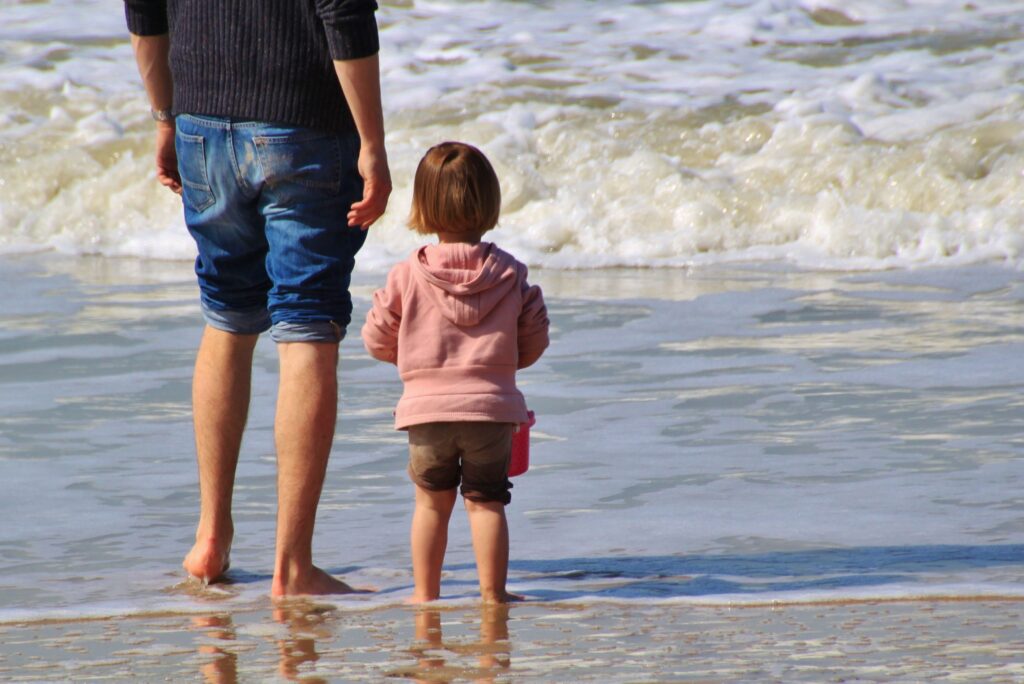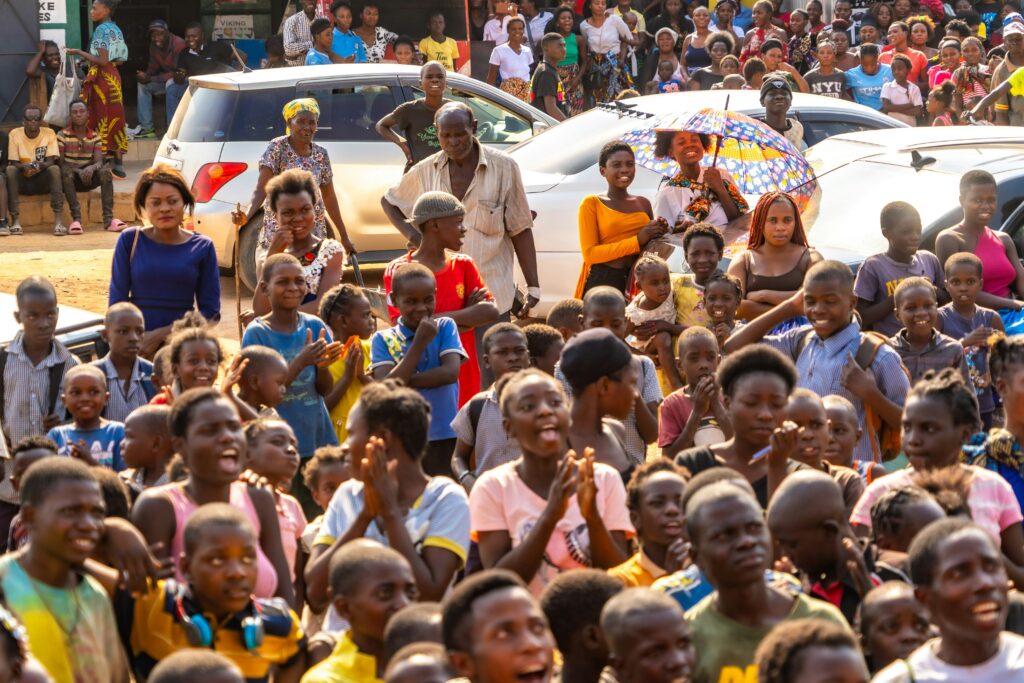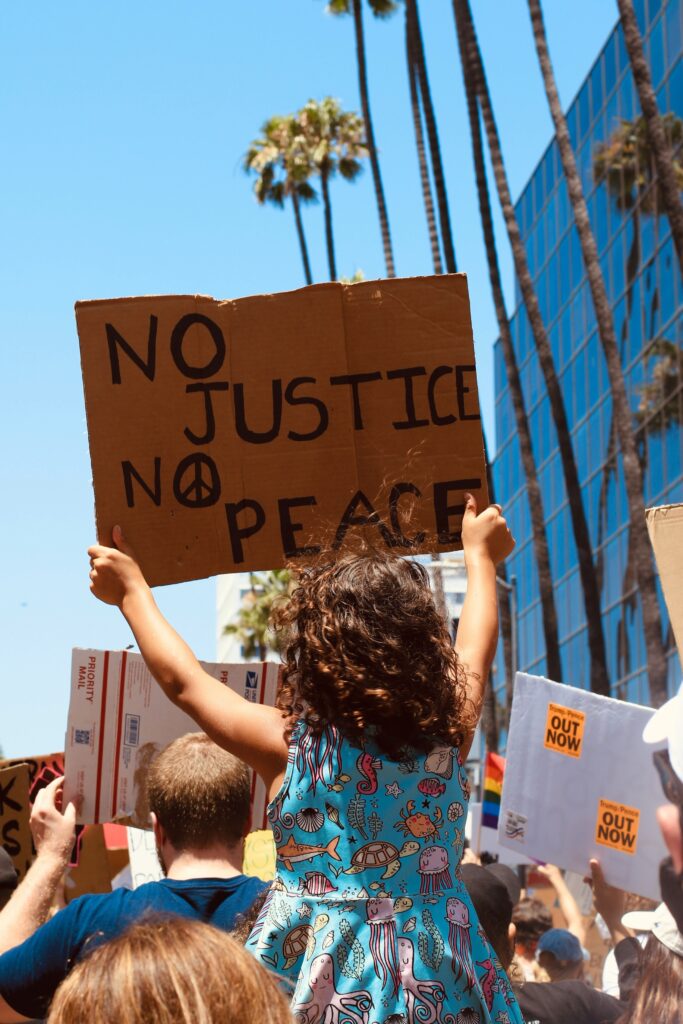
The elite are responsible for keeping people safe from trade and organized crime around the world. Everyone should be responsible for their safety and well-being in today’s linked world. But smuggling and organized crime are still very dangerous to people’s safety in all countries and in all communities. From trafficking networks and drug gangs to terrorist groups and groups that force people to move, these sneaky but cruel operations have destroyed people’s basic human rights.
This essay asks society’s elites—those with power, influence, and leadership roles—to recognize that protecting people from smuggling and organized crime is no longer a choice but a moral and strategic necessity. Now is the time to think again about our responsibilities, follow international rules, and fight these global crimes with all our might.
The Duty to Protect All People
Law enforcement and states are not the only ones who need to protect people. These duties are moral and civic, which everyone has, including government agencies, private businesses, faith leaders, the public, and honest people.
Every major faith and moral code on all five continents is against all kinds of organized crime, smuggling, and trafficking in people. The Universal Declaration of Human Rights, international agreements like the Palermo Protocol, and other UN Security Council decisions all make it clear that these crimes are against the law and against people.
Even though there are global deals, millions of weak people are still suffering. Smugglers take advantage of travelers. Young people are drawn to drug networks. Women and children are sold into situations that are like slavery. Despite this, the world often looks away.
Government officials, business leaders, thinkers, and people who have a lot of power in the media must refuse to be passive. As a basic building block of peace, progress, and justice, they must fight for the protection of human rights against trade and organized crime.
The face of organized crime and trade around the world
International corporations run organized crime groups, utilizing vast underground networks, global supply lines, and hierarchical structures. They cover a huge range of illegal activities, from trafficking drugs and weapons to children being exploited and people being smuggled.
Even worse, organized crime groups often exploit areas affected by conflict, political uncertainty, or poverty, turning vulnerable individuals into victims or willing participants.
Take a look at these examples:

Every year, thousands of migrants die in the Mediterranean because of people-smuggling rings. Teenagers are used as foot soldiers by drug gangs in Asia, West Africa, and Latin America.
Trafficking rings in East Africa and the Middle East that are linked to terrorist groups make money by enslaving people, extorting money, and making people work for free.
These numbers stand for real people, each with their rights, goals, and families. Rich people, powerful people, and people with many resources should use their positions to destroy these systems.
Why protecting people should be a top priority
Protecting people isn’t just a matter of helping them. It has to do with moral leadership, economic health, and the safety of the country. People lose trust in the government when they let smugglers and organized crime grow. Such behavior leads to corruption and weakens legal systems.
The wealthy need to understand this:
Countries that don’t protect their people from crime and trafficking become insecure and risky. The economy loses billions of dollars every year because of illegal trade and organized crime. Criminal networks find refuge in war zones, jeopardizing global peace efforts.
Protecting citizens from organized crime and smuggling should be a primary priority since it is essential to social progress and moral governance. This is true for everyone, from business owners to religious leaders.
What role do elite communities play in fighting crime and smuggling?
Elite people and groups can change policies, fund activities that are important, and shape public discussion. This is what they can do:
1. Pushing for policy changes and legal reform.
Policymakers and lawyers at the top levels should fight for better control of the borders without putting people’s rights at risk. All kinds of trafficking and theft should be illegal, even the trade in organs and cyber exploitation. International cooperation is needed to find and prosecute crime groups that operate across borders.
2. Watching over businesses and money, government officials and business leaders must:
Make sure that there is no forced labor or illegal buying in the supply networks. Report any unusual money transfers that could potentially link to organized crime. and development projects that are moral and help communities that are weak.
3. Knowledge and education
Schools, universities, and public figures can gather and share knowledge about how crime is changing and what works to stop it. Make programs to teach people about how organized crime works and how to avoid becoming a victim. Get young people to look for work in areas like justice, government, and building peace.
4. Mobilization based on faith and culture
Leaders of religions and traditions can:

Use their positions to fight traffickers and people who are smuggling them. Get people in the community to protect weak people. Make moral stories about protecting people from smuggling and organized crime that are in line with culture and religious beliefs. We are facing a moral dilemma and have the opportunity to take the lead. Paradoxes abound in this time. Global cooperation, wealth, and technology have reached unprecedented heights. Despite this, we continue to buy, sell, and abuse millions of people, treating their lives as insignificant. There’s more to the situation than just a legal mess. There is a moral problem going on.
People at the top of society have the power, means, and platforms to make such events happen. When people at the top show honesty, kindness, and bravery, everyone else will follow suit.
Stand up for safety and take action for change. We must address the significant issues of smuggling and organized crime. The individuals involved in smuggling and organized crime want to remain silent, show indifference, and prioritize making money. But they can be stopped if everyone works together, has clear leadership, and is committed to justice around the world.
Protecting people from smuggling and organized crime must become more than just a slogan. It must become a movement led by people who can make laws, change economies, and move hearts.
Get ready to act.
Do you have significant power, the ability to make decisions, or the capacity to lead people in your community? Now is the time to use your power to speak out for those who can’t, to show what’s wrong, and to lead the fight against organized crime and people smugglers.


